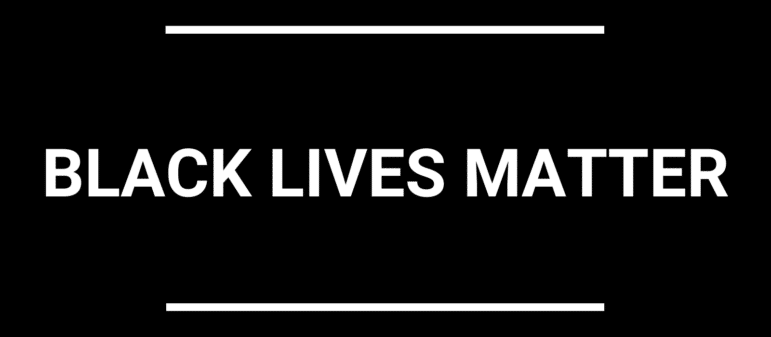
Like all of you, we have watched in outrage, grief, and horror as yet more Black Americans have died at the hands of police, and as peaceful protests against these killings have been met with more force and more death. We unequivocally condemn anti-Black violence in all forms, whether that means police violence, white vigilante violence, or bureaucratic violence, like in Los Angeles, where the city closed COVID-19 testing centers in an attempt to deter mass protests.
CCFC’s work is grounded in the belief that all children deserve time and space to grow, learn, and explore – and in America, Black children have been denied this time and space again and again. Anti-Black violence has taken away mothers, fathers, aunties, uncles, siblings, cousins, neighbors, classmates, and friends, and it is a constant threat to Black children’s lives. Tamir Rice was only 12 years old when police in Cleveland, Ohio, murdered him while he played in a public park. Aiyana Jones was seven years old when Detroit police broke into her home and shot her as she slept. It has been 65 years since 14-year-old Emmett Till was lynched by a Mississippi mob, and the violence has not stopped. How can Black children grow freely and fully when this is and has been the state of things? How can any of us?
This violence is shocking, and it is just the surface of an entire system that values power and profit more than Black life and wellbeing. Companies target Black children with ads for unhealthy foods, alcohol, and nicotine significantly more than their white counterparts. Schools are deeply segregated, and those serving young Black children are more likely to focus on screen-based academics instead of the open-ended, play-based learning that kids need. The social media platforms where kids build their friendships and identities expose users to violent, racist vitriol because that is what is good for profits: on YouTube, algorithms and autoplay recommend anti-Black videos to children who are just trying to watch some singalongs; on Facebook, 65% of memberships in white nationalist groups are driven by the platform’s own algorithm, and the company knows it.
As we mourn the loss of more Black life and feel outrage at systems that perpetuate racism, we stand in solidarity with our Black supporters, colleagues, friends, loved ones, and neighbors who have been doing the same for longer than we have had to understand. We are here to listen and to learn, and we are examining how our own work can better surface the intersections of anti-Black racism and commercial culture. We call on our white supporters, especially those for whom reading this message is uncomfortable, to do the difficult work of confronting their own biases and judgments. White parents must have honest conversations with their own children about race and racism, and we will be sharing tools and resources to help make these conversations productive and meaningful. If we are to usher in a world that truly meets kids’ human needs, we must recognize and oppose the depths of anti-Black racism in our media, in our education system, in our economy, in our policing, and in ourselves.
Josh, David, Melissa, Jean, Sam, Rinny, Rachel, and Tessa
Campaign for a Commercial-Free Childhood